“The great thing about what I do … I write Black stories,” says Ben Cory Jones, who started his professional life on Wall Street but found his true love in Hollywood. “Wall Street made me a smarter person, and it’s because I have a sophisticated worldview. I want to bring that to us.”
Jones, an original producer and writer for the HBO hit series Insecure, got his start telling stories in high school at The Commercial Appeal‘s teen newspaper, The Teen Appeal. “I am a product of Memphis journalism. I continue to read the Memphis Flyer in L.A.,” he says.
Jones began his journey at Memphis’ Central High school. It was there that he was convinced to pursue a career in writing. He knew he had a knack for it but it was his guidance counselor who pushed him to pursue writing as a career.
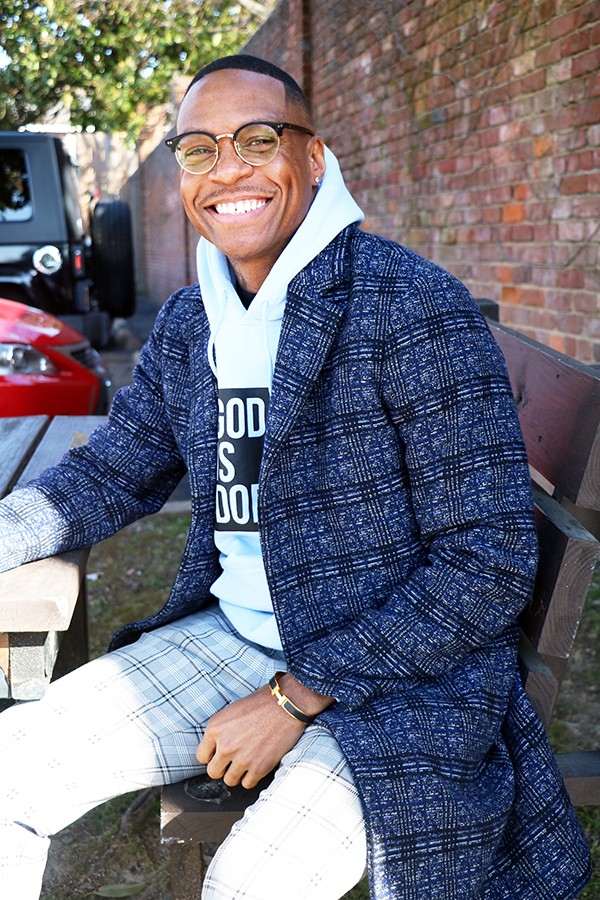 Christen Hill
Christen Hill
Writer Ben Cory Jones wrote his way from the local The Teen Appeal to Underground and HBO’s Insecure — with a stop on Wall Street.
When Jones set out to find a college in 2001, his decision came down to either the University of Tennessee, Knoxville, or Morehouse College in Atlanta. Coming from a middle-class family in Whitehaven, UTK made more sense, financially. And Jones had already gotten accepted and knew he could afford it. But the guidance counselor who was impressed with Jones’ writing ability urged him to major in English at Morehouse. Fortuitously, he earned a full-ride scholarship to Morehouse and never looked back.
As an editor of the Morehouse College newspaper, The Maroon Tiger, Jones could never have imagined that he would one day be striking Hollywood deals and working backstage with film and television legends. But he wanted to go to work on Wall Street after college.
From Wall Street to Rodeo Drive
Jones was an English major and finance minor, and thought it would be best to go into a career where he knew he’d be financially stable. He began working as an investment banker in 2005, just after graduation. Engaging with the finances of some of America’s wealthiest families, he was privy to a life only a small portion of the nation gets to witness.
Then the 2008 recession hit, and the bank where he worked closed. Jones no longer wanted to stay in finance, so he went back to writing — this time as a blogger. It was after he started a movie review blog that he got the idea to become a professional writer for television.
He studied the television writing industry like a Wall Street commodity, calculating his next move.
“My job at the bank was ending because of the market crash of 2008, and I’m a calculated risk-taker.” Jones says. “I saw that there were all these different writing programs in L.A. that you could apply to.”
He was able to land several opportunities to participate in writing programs, including the ABC Production Associates Program. “As long as you can get your foot in somebody’s door …” he says. “Now you gotta learn how to work it. Now I gotta learn how to use my Southern-ness from Memphis, my Morehouse-ness, my gay-ness, my Black man-ness, my Wall Street-ness. I’m cobbling together everything about who I am in order to make an impact and be memorable to people.”
The opportunity to work on the hit HBO comedy-drama Insecure came from someone in his writing community, who happened to be an “awkward Black girl” — namely Insecure co-creator and star, Issa Rae.
“Issa has admitly said that I was one of the first calls she made [for the show] because we have known each other, socially, in the industry, trying to come up,” says Jones. “I think there was something about me being a Black dude from the South, who’s gay, who was also funny and interesting, weird and fly. Like, we just took to each other.”
The View from the Writer’s Room
Jones comes from a class of peers that includes Rae and Lena Waithe, known for shows such as The Chi and Master of None, as well as the movie Queen & Slim.
He and Waithe were in the car on the way to the 2018 GLAAD Awards when the idea of producing a BET spin-off of the ’90s movie Boomerang, which starred Eddie Murphy and Halle Berry, came up. Ironically, Berry was presenting Waithe with her award. Jones recalls: “She’s like, ‘Ben, I’m going to ask Halle if you and I do Boomerang, if she would executive produce it.’ After Halle presents her with her award, Lena goes back to the greenroom and says, ‘Hey, me and my friend Ben are going to do a reboot of Boomerang. Would you like to be an EP [executive producer]?’
“She said, ‘Yes.'”
Jones has produced movies such as Step Sisters, and was a writer for Underground, a thriller about the underground railroad in Antebellum Georgia starring Jurnee Smollett. It just so happened that Memphis was the show’s highest-viewing audience in the country.
“Underground changed my life as a writer,” says Jones. “I thought I was gonna be known as the Insecure type of writer. Then I do Underground, they’re like, ‘Oh you can write that shit? You can write an epic thriller, drama, an adventure?’ I wanted that, because a lot of times in this industry, just as in life, people try to view you as one thing. I don’t want to just get pegged as a comedy writer.”
Jones has crafted his career after writers like David E. Kelley, whose writer credits stretch back to the late ’80s, his most recent being the critically acclaimed Big Little Lies. (Just Google him.) Jones touts his own ability to produce a variety of genres. His goal is to create high-octane shows, much like Westworld.
“You have to ingratiate yourself to people in order to learn this business; Hollywood is an apprenticeship business,” says Jones. “All the greats in Hollywood, they can point to the person that they were [an] apprentice to.”
Now, having directed, produced, and been showrunner to a multitude of shows, Jones knows it all goes back to his foundation of writing. “I don’t get my rocks off by being in front of the camera — the writers’ room is heaven to me,” he says. “It is my favorite place on Earth because it’s so fun.”
The distinct voice of Insecure beckons back to the authenticity of Black sitcoms in the ’90s. Yet now, it’s doused with a fresh perspective that transcends race. “When we got Insecure, we said, ‘This show is for us! Y’all can watch it, but this show is for us,'” Jones says. “The greatest compliment that we get about Insecure is that ‘this show sounds like conversations my friends and I have.’ And that’s all we ever wanted.”
There’s a Millennial voice that has impacted Hollywood in some beautiful ways. That may be attributed to the fact that the creators of the show derived from social media.
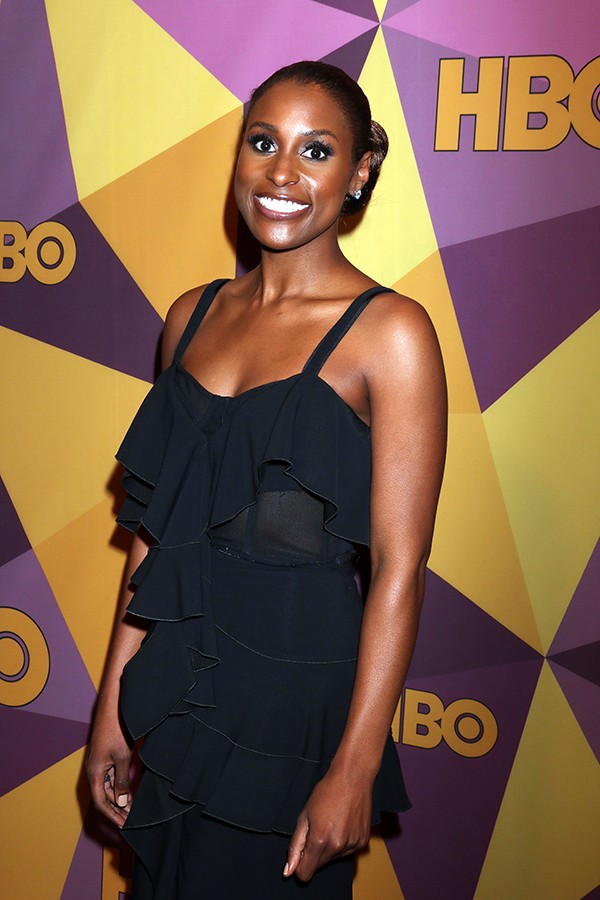 Hutchinsphoto | Dreamstime.com
Hutchinsphoto | Dreamstime.com
Issa Rae
“The great thing about Insecure is that Issa Rae had those numbers on YouTube to show them that a show about Black women’s lives is important,” says Jones. The show’s cult following might contend this series delves into the journey of two exes, Lawrence and Issa, however, Jones describes Insecure as a love story between Issa and her best friend, Molly.
The show is a raw, funny, and endearing peek into Black life that isn’t driven by continual trauma or violence. It’s simply a show about Black people, living their Black-ass lives.
The Future After Insecure
“People are always like, ‘We need Black stories, we need Black movies,’ but the only way we get them is by having Black storytellers who are trained to do it,” Jones says. “They’re not trying to make us better; we have to make ourselves better.”
Jones noticed that there were fewer writing programs for young Black writers, so he built his own: @Benthewritersroom, a virtual writers’ room for new Black voices.
“Giving back, creating this program, has been one of the highlights of my life and career,” Jones says. “I’m the product of a lot of writers’ programs. I realized that these programs are fading in the industry, and I wanted to create a program that’s specifically for Black writers, specifically for underrepresented writers.”
Writers meet weekly for four months to develop their ideas. It’s his version of a boot camp for people who haven’t had the privileges he’s had. “I want to teach Black writers how to write. I want our skill level to be a level of excellence,” says Jones. “When you leave my program, you leave with a finished script. I’m going to teach you to have a product that is ironclad and sufficient to get your career started.”
Jones says he has a unique and valuable worldview that he is eager to unleash on the next crop of television writers: “One of the biggest lessons that I’ve learned in Hollywood is you don’t personalize things that happened to you, because if you do, then you will literally leave and pack your bags after a month. I don’t know a lot for sure, but I do know for sure that I have a God-given talent to write. And I have to protect it at all costs. I almost have to have an impenetrable barrier around me. My main concern is making sure that my writer brain stays intact no matter what experiences I have.
“The people who green-light shows in Hollywood are not Black,” Jones says, “so our job as storytellers is to make it appealing and give a view of why this would be important.”
Jones says he is a Memphian at his core. He bleeds Memphis and he wants nothing more than to make his home city better. He’s writing a show set in Memphis called Candy, built around a Black female mayor. “I want to bring the industry here to Memphis,” he says. “I can create a TV show that employs hundreds of people.
“Life is going to beat you up. This business is going to beat you up. But the thing that saves me is when I write. At the end of the day, no one can tell me anything when I’m writing.”
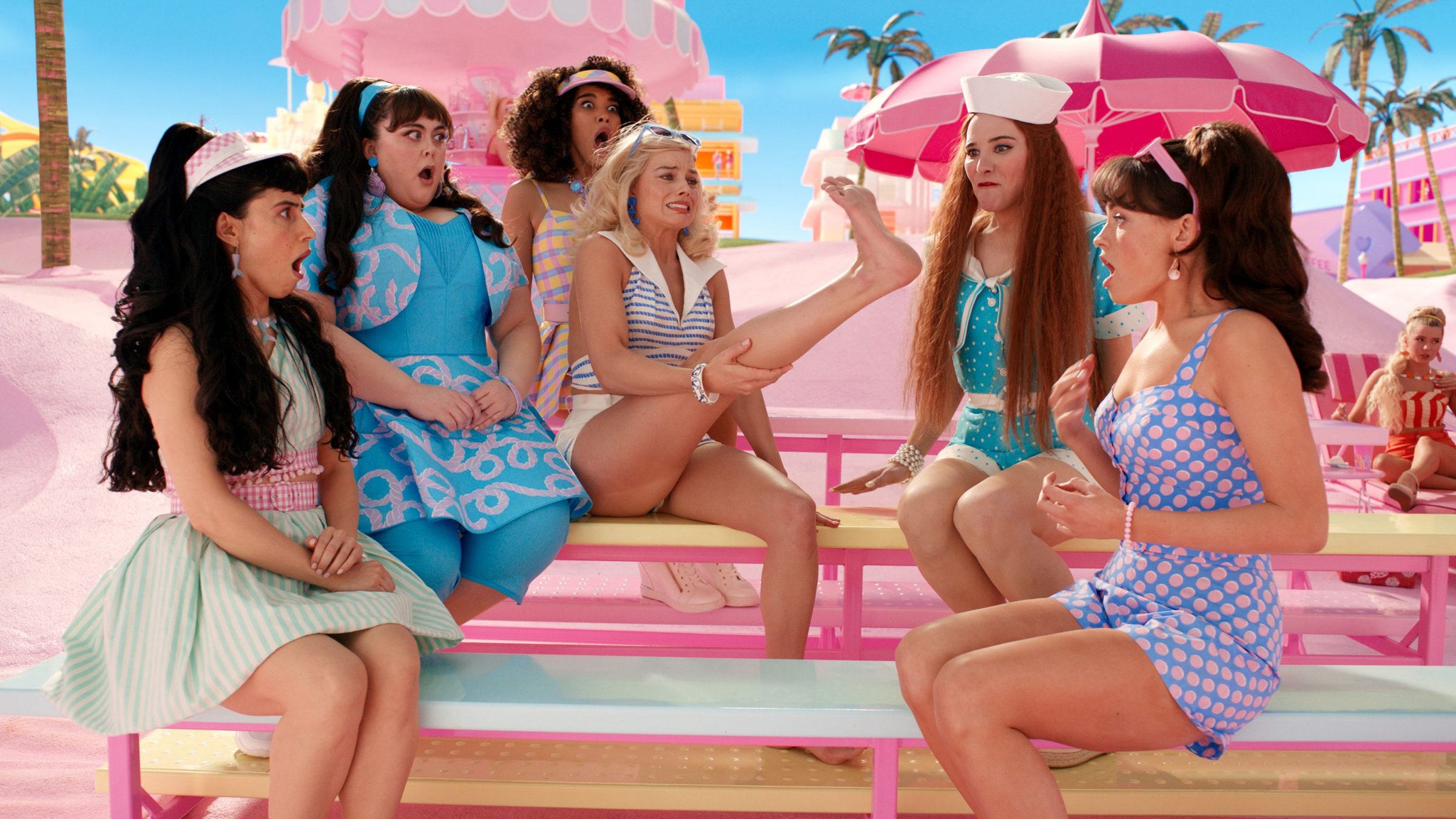
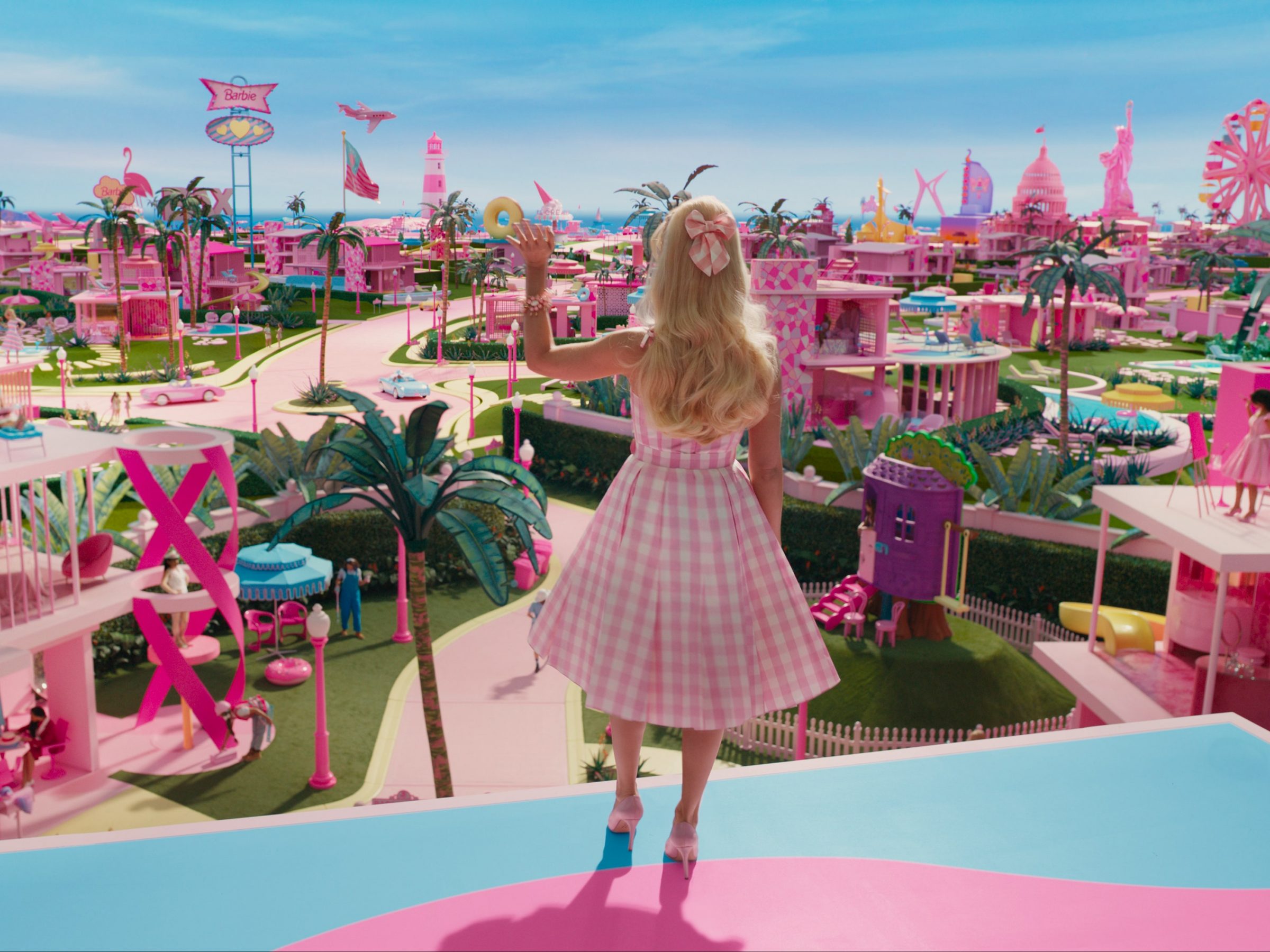
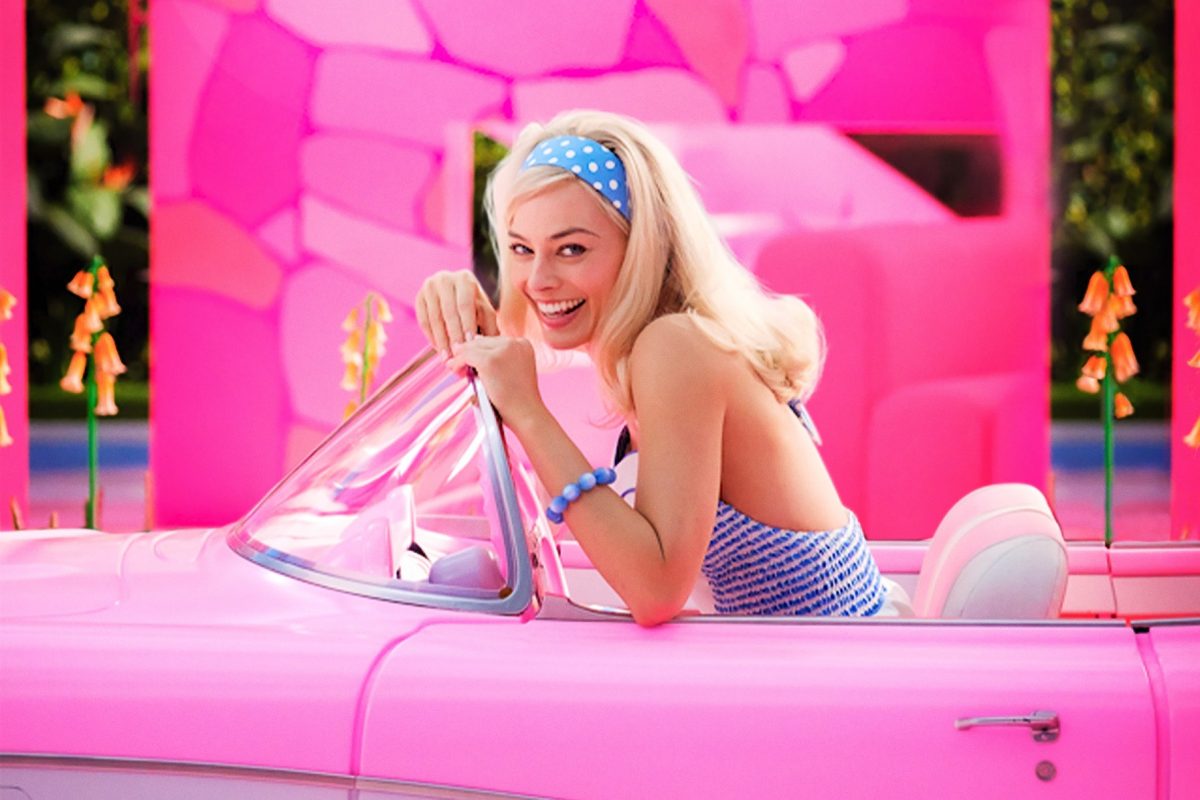
 Christen Hill
Christen Hill  Hutchinsphoto | Dreamstime.com
Hutchinsphoto | Dreamstime.com 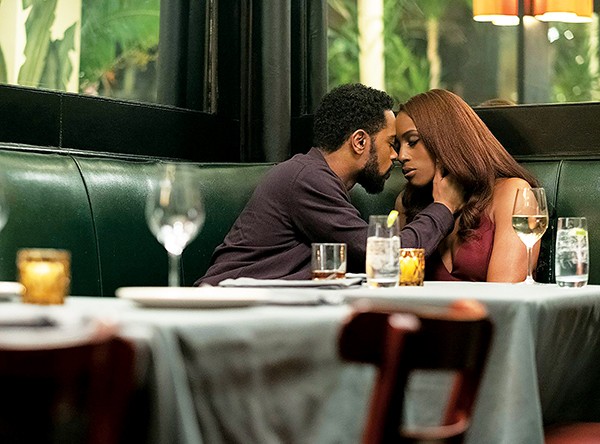
 Mike Blake | Reuters
Mike Blake | Reuters